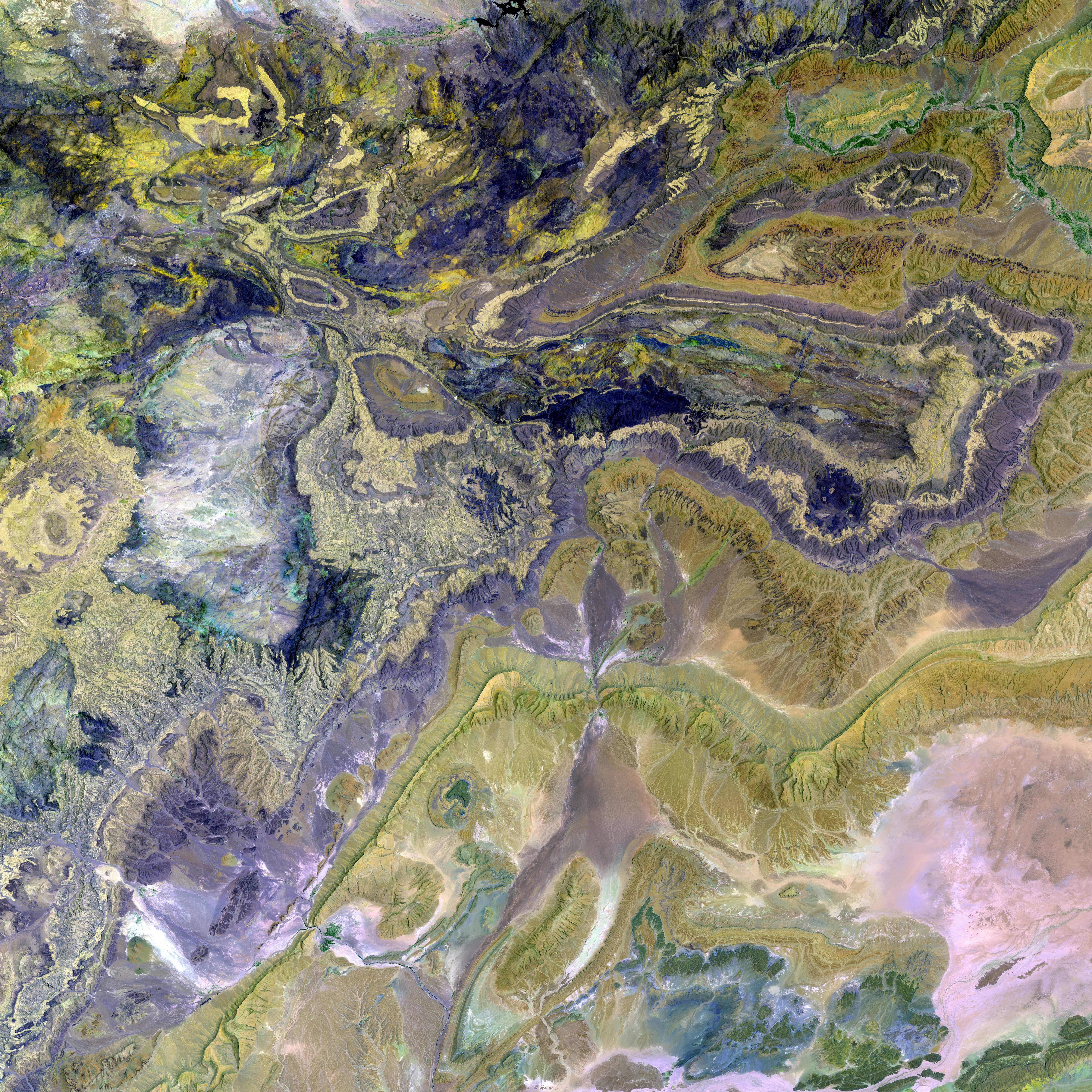Bears re-emerging as a focus following latest assault, appearances in alpine settlements in Romania
Living in the mountains of Romania comes with an unwelcome reality for residents – frequent bear encounters. This was grimly highlighted when the head of the mountain rescuers in Predeal was attacked by a bear on Sunday, March 30. And it's not just Predeal; bears are rummaging through garbage in Busteni, seeking food.
The unfortunate incident in Predeal involved a man returning home from work who was startled by a bears. A witness called the emergency services, and two SMURD emergency teams, including an intensive care unit, were dispatched to help. The victim was found unconscious and in a critical condition, with injuries to the head, face, and back. Despite efforts, he remains in critical condition.
Local sources claim the attacker was a female bear with two cubs, who had been sighted in the area frequently.
Post-attack, Sabin Cornoiu, the president of Salvamont Romania, demanded urgent action regarding bears. "We yearn for tourist resorts, but with incidents like these, it's clear we can't manage the situation. Anyone could have been the victim, not just the head of Salvamont. Action must be taken to prevent this from happening again," he said, adding that the animals have grown bolder.
Prahova Prefect Emil Drăgănescu concurred, urging higher bear culling quotas to prevent attacks and warning of increased bear encounters in the summer. The hunting quota was already increased last year following a fatal bear attack in the Bucegi mountains. However, environmental NGOs and specialists insist that hunting alone isn't a viable solution to reduce bear attacks or manage the population sustainably.
Minister Mircea Fechet also reacted, expressing support for euthanizing aggressive, scavenging, or begging bears, especially those approaching urban areas. He suggested revising the bear culling quota and argued that removing the wolf from the list of strictly protected species should be followed by removing the bear from the list as well.
Sadly, these events aren't unusual along the popular Prahova Valley, home to several mountain resorts. In Busteni, residents and tourists are at risk of bear encounters on busy streets at dusk, with mother bears frequently seen in children's playgrounds. The authorities have yet to take meaningful action despite incidences like last summer's attack in Bucegi Mountains, where a young girl was mauled by a bear on a popular tourist trail.
According to the Ministry of Environment, Romania is home to over 8,000 bears, approximately 40% of Europe's total bear population. Most bears live in Prahova, Brasov, Covasna, Harghita, Bistrita, Buzau, and Neamt counties. However, this figure has been questioned by environmental specialists who criticized the lack of transparency and the lack of clear data.
Despite criticism, the Romanian government authorized the culling of over 400 bears in 2024 to decrease human-bear conflicts. Critics, however, argue that hunting is not a sufficient solution to reduce bear attacks or sustainably manage the population.
Options such as feeding bears in forests, preventive measures, education, and awareness are being discussed as alternative strategies to keep bears away from human settlements. International concerns and regional coordination with countries like Slovakia are also crucial in managing these issues effectively.
- In response to increasing bear encounters in Romania, particularly in popular tourist destinations like the Prahova Valley, the Romanian government has announced plans to complete bear culling, approving the culling of over 400 bears in 2024.
- In the aftermath of the bear attack on the head of Salvamont Romania, President Sabin Cornoiu warned of the need for urgent action to prevent such incidents, asserting that the current situation is not sustainable and anyone could be the victim.
- Despite the approval of higher bear culling quotas, environmental NGOs and specialists remain skeptical, arguing that hunting bears alone is not a viable solution to reduce bear attacks or manage the population sustainably, and advocate for alternative strategies such as preventive measures, education, and awareness to keep bears away from human settlements.







